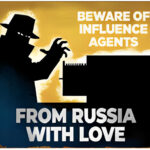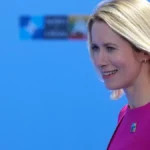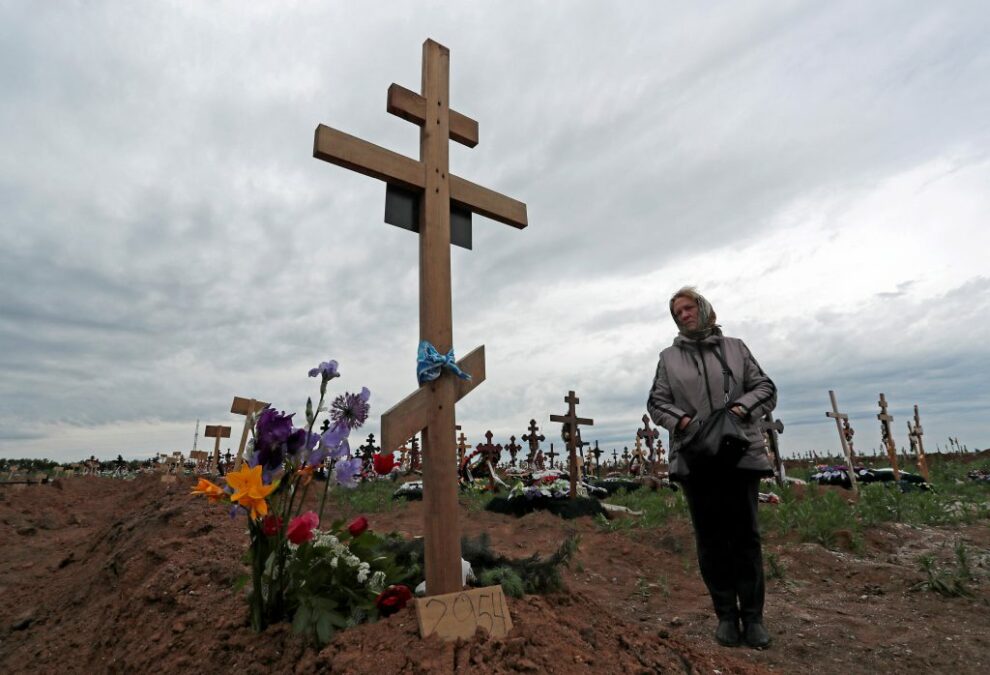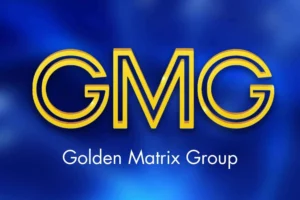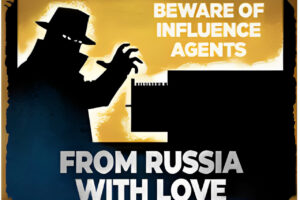- The US army said Congress needed to approve additional funding quickly to ensure the Pentagon’s munitions production and acquisition plans can meet the needs of both Israel and Ukraine simultaneously. Army secretary Christine Wormuth made the comments as the US House of Representatives is effectively paralysed as Republicans work to select a new speaker.
- At the White House, John Kirby, spokesperson for the national security council, emphasised that the US government had existing funding to support Israel for the time being. “If we need – and it’s an ‘if’, but – if we need to go back to Capitol Hill for additional funding support for Israel, we will absolutely do that,” Kirby said. “We are a large enough, big enough, economically viable and vibrant enough country to be able to support both [Israel and Ukraine].”
- Ukrainian President Volodymyr Zelenskiy said it was in Russia’s interests to stoke war in the Middle East “to create a new source of pain and suffering that would weaken global unity, create divisions and help Russia in undermining freedom in Europe,” Zelenskiy said in his nightly video address, adding that Russian propagandists were “gloating” at developments.
- Grieving families have begun burying their loved ones in the eastern Ukraine village of Hroza, which was targeted by Russian missiles in an attack that killed more than 50 people last week. About 30 graves have already been dug for burial at the cemetery in the small village which now numbers about 330 inhabitants, down from 500 when the conflict began.
- Top UN trade official Rebeca Grynspan met with Russian officials in Moscow on Monday for talks aimed at enabling the “unimpeded access” to global markets for grain and fertiliser from Russia and Ukraine, a UN spokesperson said.
- Zelenskiy will visit neighbouring Romania on Tuesday, his first trip to the Nato member country since Russia invaded Ukraine last February, the Romanian presidency has said.
- Russian lawmakers have been given 10 days to study the possibility of revoking Moscow’s ratification of a treaty banning nuclear tests, the State Duma, the lower house of parliament, said in a statement. The chamber’s international affairs committee will need to conclude its work by 18 October, the statement said.
- Zelenskiy has replaced the commander of Ukraine’s Territorial Defence Forces, which have played an important role in helping defend the country since Russia’s invasion. A presidential order published on Monday announced the appointment of Maj Gen Anatoliy Barhylevych as the new commander.
- The UN rights office warned that there is no system to return Ukrainian children taken to Russia since Moscow’s invasion of the country last year, and that some of those who did come back had reported mistreatment. Ukrainian authorities say they have identified and verified almost 20,000 children who have been taken to Russia during the war.
- Zelenskiy has appealed at the Nato parliamentary assembly for the international rule of law to unite and deal with terrorism, comparing the attack by what he called a “terrorist organisation” on Israel with the similar tactics used by Russia, which he said was a “terrorist state”.
- Ukraine’s parliament registered a draft law on Monday that would allow a ban on activities of the Moscow-linked Ukrainian Orthodox Church (UOC).
The church has been accused by Kyiv of undermining Ukraine’s unity and collaborating with Russia following Moscow’s full-scale invasion in February 2022, charges that it denies.
Thank you for joining us from Indonesia.
More than a year since it broke out, the conflict in Ukraine has changed the world, and the Guardian has covered every minute of it. Our reporters on the ground have endured personal risk to produce more than 5,000 articles, films and podcasts. Our live blog has been expertly updated continuously and comprehensively since the outbreak of Europe’s biggest war since 1945.
We know it’s crucial that we stay until the end – and beyond. There is no substitute for being there, as we did during the 1917 Russian Revolution, the Ukrainian famine of the 1930s, the collapse of the Soviet Union in 1991 and the first Russo-Ukrainian conflict in 2014. We have an illustrious, 200-year history of reporting throughout Europe in times of upheaval, peace and everything in between. We won’t let up now.
Tens of millions have placed their trust in the Guardian’s fearless journalism since we started publishing 200 years ago, turning to us in moments of crisis, uncertainty, solidarity and hope. We’d like to invite you to join more than 1.5 million supporters from 180 countries who now power us financially – keeping us open to all, and fiercely independent.
Unlike many others, the Guardian has no shareholders and no billionaire owner. Just the determination and passion to deliver high-impact global reporting, always free from commercial or political influence. Reporting like this is vital to establish the facts: who is lying and who is telling the truth.
And we provide all this for free, for everyone to read. We do this because we believe in information equality. Greater numbers of people can keep track of the events shaping our world, understand their impact on people and communities, and become inspired to take meaningful action. Millions can benefit from open access to quality, truthful news, regardless of their ability to pay for it.
Source : The Guardian



